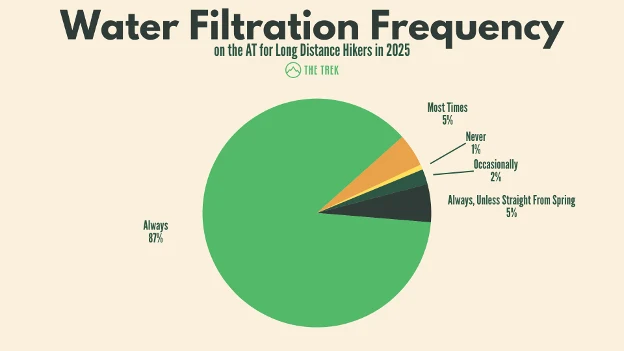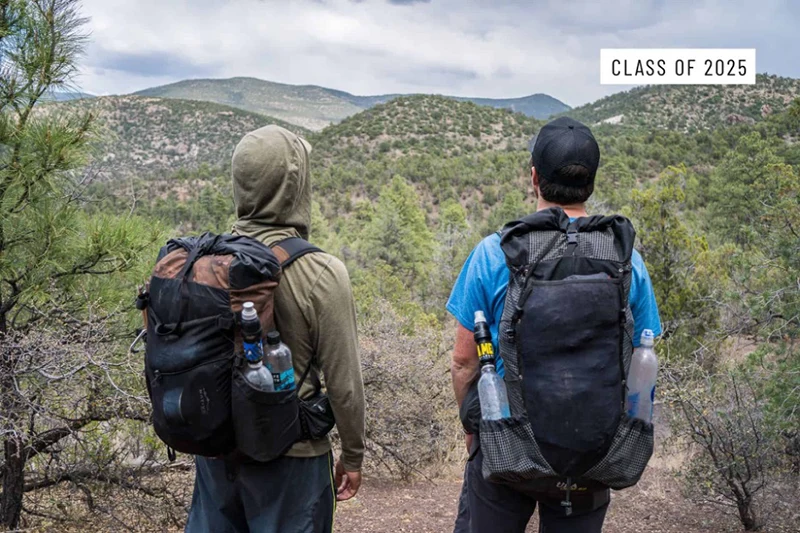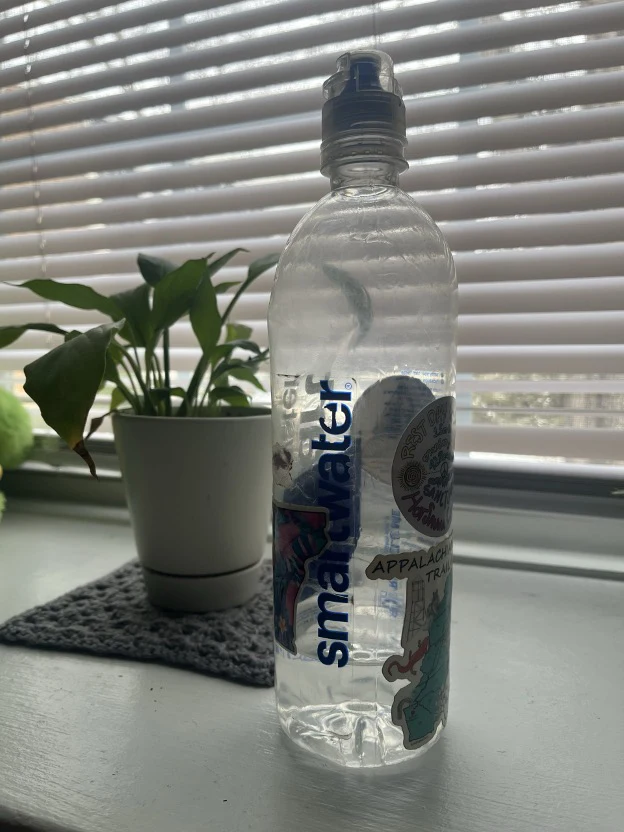Yahoo Finance: CN Traveler: 6 Expert-Recommended Bug Sprays That Actually Work
Yahoo Finance: CN Traveler: 6 Expert-Recommended Bug Sprays That Actually Work

Yahoo Finance: CN Traveler: 6 Expert-Recommended Bug Sprays That Actually Work
YouTube video highlight
6 Expert-Recommended Bug Sprays That Actually Work
Read more about the project6 Expert-Recommended Bug Sprays That Actually Work
Whether you're camping, hiking, or just hanging out at a nearby park.
A bug bite is, at best, irritating, and at worst, deadly. This summer, as the weather heats up and we spend more time outside for picnics, camping trips, al fresco dining, and long-awaited summer travel, a bottle of bug spray can be as important to pack as sunscreen.
But it's not as easy as just dousing yourself with bug spray. You need to know how to apply it, how often to reapply, and how to layer it with your favorite SPF.
Sawyer Products 20 percent picaridin insect repellent
While DEET is approved for use on children with no age restriction, per the EPA, some parents may prefer alternatives. Dr. Lam uses picaridin-based products for his children (another CDC-recommended ingredient). This Sawyer Products repellent protects against mosquitos and ticks for up to 12 hours. It also protects against chiggers, gnats, and flies for up to eight hours, ensuring adequate coverage regardless of the environment. $9, Amazon. Get it now!
Now that you know the general guidelines for insect repellent, here are some of the best buy sprays to add to your outdoor packing list, written by Iona Brannon.
Yahoo Finance: CN Traveler: 6 Expert-Recommended Bug Sprays That Actually Work


6 Expert-Recommended Bug Sprays That Actually Work
Whether you're camping, hiking, or just hanging out at a nearby park.
A bug bite is, at best, irritating, and at worst, deadly. This summer, as the weather heats up and we spend more time outside for picnics, camping trips, al fresco dining, and long-awaited summer travel, a bottle of bug spray can be as important to pack as sunscreen.
But it's not as easy as just dousing yourself with bug spray. You need to know how to apply it, how often to reapply, and how to layer it with your favorite SPF.
Sawyer Products 20 percent picaridin insect repellent
While DEET is approved for use on children with no age restriction, per the EPA, some parents may prefer alternatives. Dr. Lam uses picaridin-based products for his children (another CDC-recommended ingredient). This Sawyer Products repellent protects against mosquitos and ticks for up to 12 hours. It also protects against chiggers, gnats, and flies for up to eight hours, ensuring adequate coverage regardless of the environment. $9, Amazon. Get it now!
Now that you know the general guidelines for insect repellent, here are some of the best buy sprays to add to your outdoor packing list, written by Iona Brannon.
Yahoo Finance: CN Traveler: 6 Expert-Recommended Bug Sprays That Actually Work


6 Expert-Recommended Bug Sprays That Actually Work
Whether you're camping, hiking, or just hanging out at a nearby park.
A bug bite is, at best, irritating, and at worst, deadly. This summer, as the weather heats up and we spend more time outside for picnics, camping trips, al fresco dining, and long-awaited summer travel, a bottle of bug spray can be as important to pack as sunscreen.
But it's not as easy as just dousing yourself with bug spray. You need to know how to apply it, how often to reapply, and how to layer it with your favorite SPF.
Sawyer Products 20 percent picaridin insect repellent
While DEET is approved for use on children with no age restriction, per the EPA, some parents may prefer alternatives. Dr. Lam uses picaridin-based products for his children (another CDC-recommended ingredient). This Sawyer Products repellent protects against mosquitos and ticks for up to 12 hours. It also protects against chiggers, gnats, and flies for up to eight hours, ensuring adequate coverage regardless of the environment. $9, Amazon. Get it now!
Now that you know the general guidelines for insect repellent, here are some of the best buy sprays to add to your outdoor packing list, written by Iona Brannon.

























































































































